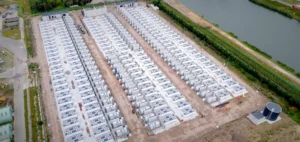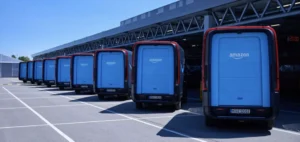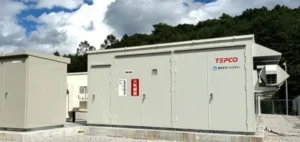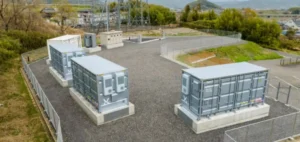Princeton NuEnergy has secured strategic funding from the SuperBoost programme, awarded by the Energy Storage Engine, to accelerate the deployment of its direct lithium-ion battery recycling technology. This grant supports the scale-up of a patented process that enables low-temperature separation of electrode materials without the use of traditional high-temperature techniques or concentrated acids.
An innovative process for the battery sector
The technology developed by Princeton NuEnergy makes it possible to restore and reuse essential active materials, including cathode and anode components, which contain strategic minerals. This system operates without generating toxic waste or significant greenhouse gas emissions, while maintaining performance comparable to new materials. The process differs from conventional pyrometallurgical and hydrometallurgical approaches, favouring a solution that is both energy-efficient and financially competitive.
Strengthening supply chain security
The grant awarded will enable Princeton NuEnergy to validate the industrial scalability of its process on cells supplied by upstream industrial partners. The development of large-scale direct recycling solutions aims to reduce U.S. dependence on foreign battery material supply chains, a challenge deemed critical given the ongoing growth in sector demand.
Targeted institutional support for innovation
The SuperBoost programme, managed by the Energy Storage Engine, targets the most promising energy storage companies. In addition to non-dilutive funding, the scheme offers access to a network of industrial partners, commercialisation expertise and technical support to accelerate the market entry of innovations. This mechanism is part of the strategy to strengthen national production and industrial security in the United States.
The SuperBoost scheme continues to identify high-potential companies in the energy storage sector, helping to transform laboratory innovations into commercially viable solutions. The direct recycling sector for lithium-ion batteries is therefore receiving increased support to address sovereignty and strategic raw material security challenges.






















